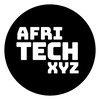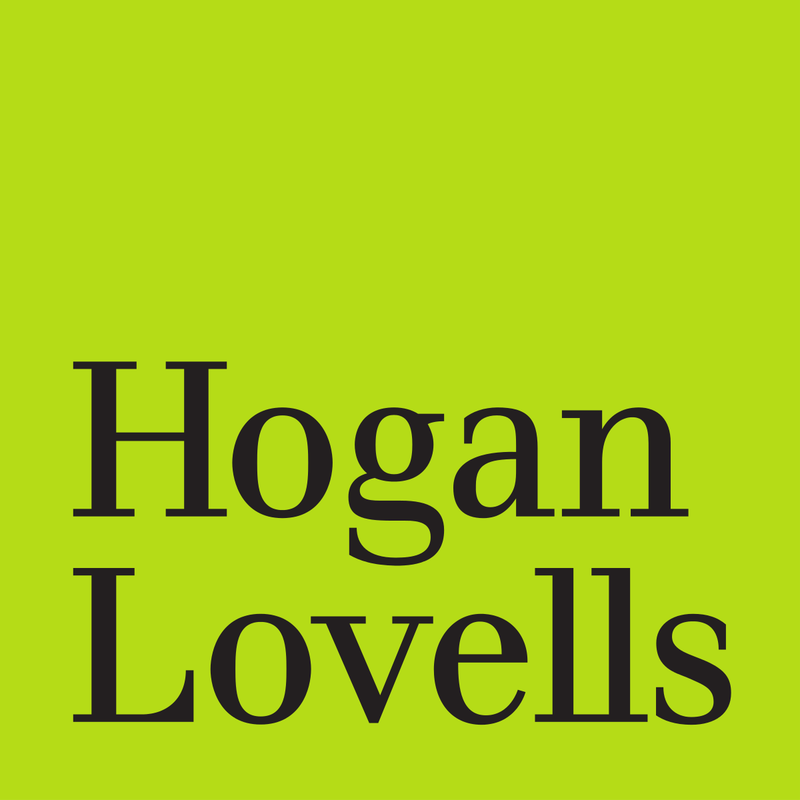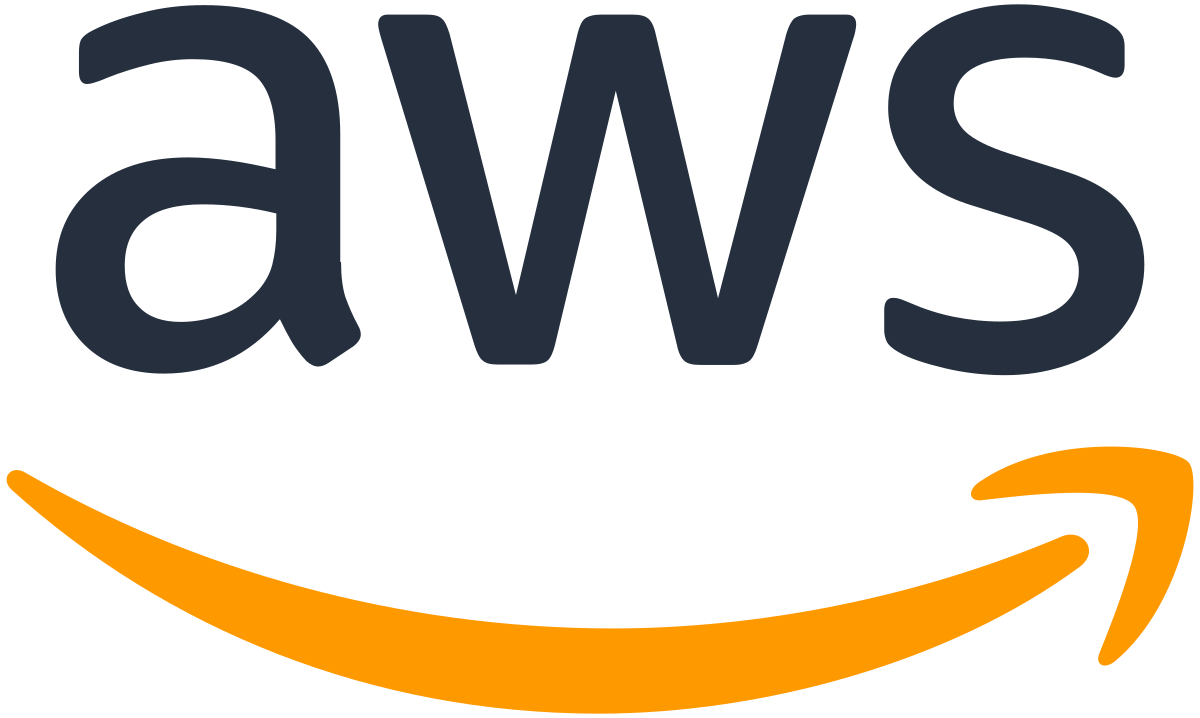|
The availability and distribution of academic material remains a huge challenge for African universities, predominantly due to the shortage of books written by African academics, which has forced the continent's universities to rely heavily on imported works. This external body of learning material tends to be expensive, even those with African-specific content in history, literature, music, politics, sociology and economics. Additionally, poor marketing and distribution channels can mean that those who manage to publish struggle to make their works visible to their target readers - a huge lost opportunity in the $20b higher education market in Africa. Martins Fidelis experienced this challenge first hand while studying Computer Science at university in Nigeria, which inspired him and Kayode Adegbuyi to collaborate on the creation of Qataloog. Qataloog is a higher education learning and content distribution platform, offering users a centralised distribution network where publishers and vendors in Europe, USA and Africa can upload their content for access by a network of universities in Africa, at a very affordable rate. The African University Catalogue Builder
The numerous challenges experienced by Fidelis and Adegbuyi during their studies drove them to find a more workable solution to accessing academic material in Africa. It was during conversations with a librarian at their university that the idea to build a platform where publishers and vendors could access learning content was sparked. Currently publishers and vendors approach universities and colleges with a sample content of their work to try and sell it to them. The majority of these transactions fail because the universities often don’t immediately see the value in the content being offered to them at that specific time. After surveying a cohort of librarians across 28 universities in Africa, Fidelis and Adegbuyi found that the major challenge that the librarians all had was catalogue selection. Without technology, these mundane tasks have to be done manually. Qataloog has now simplified the process and made it easier for librarians to browse and purchase content for their various libraries. Qataloog’s solution takes away the customer acquisition cost from publishers and vendors by indexing their content on its platform and increasing visibility for the body of work submitted. As well as distributing the content to the institutions to buy, Qataloog also enables the universities to list their journals and index them on the platform, so that other universities in Africa can access them. There is a rigorous approval process before content is uploaded into the database and accessible to users in any of the global locations available on the platform. Building revenue in a niche market Fidelis’ expertise has been shaped by his experience in the book distribution space since 2007 and has been building the academic catalogue since September 2018. Qataloog’s database currently stands at more than 350,000 books, journals and periodicals, with 1500 publishers and vendors on the platform. The company also has partnerships with major distributors and aggregators in Europe such as John Wiley, and Springer Nature, who use the platform to distribute their content. In the first 14 months of operations, the company's revenue was over $110,000, with potential to grow further. Qataloog aims to bring efficiency, cost effectiveness and reliability to the book distribution sector. Currently they have no direct competitors, except the publishers and vendors who are not yet on the platform. The company’s current goal is to distribute print content, with an aim to host online content in the future. In the next 3 - 5 years, Fidelis would like Qataloog to be known as leaders in distribution technology in Africa - and we have no doubt that they can make this a reality! Connect with Martins Fidelins on LinkedIn here. Comments are closed.
|
Archives
September 2023
|


 RSS Feed
RSS Feed




